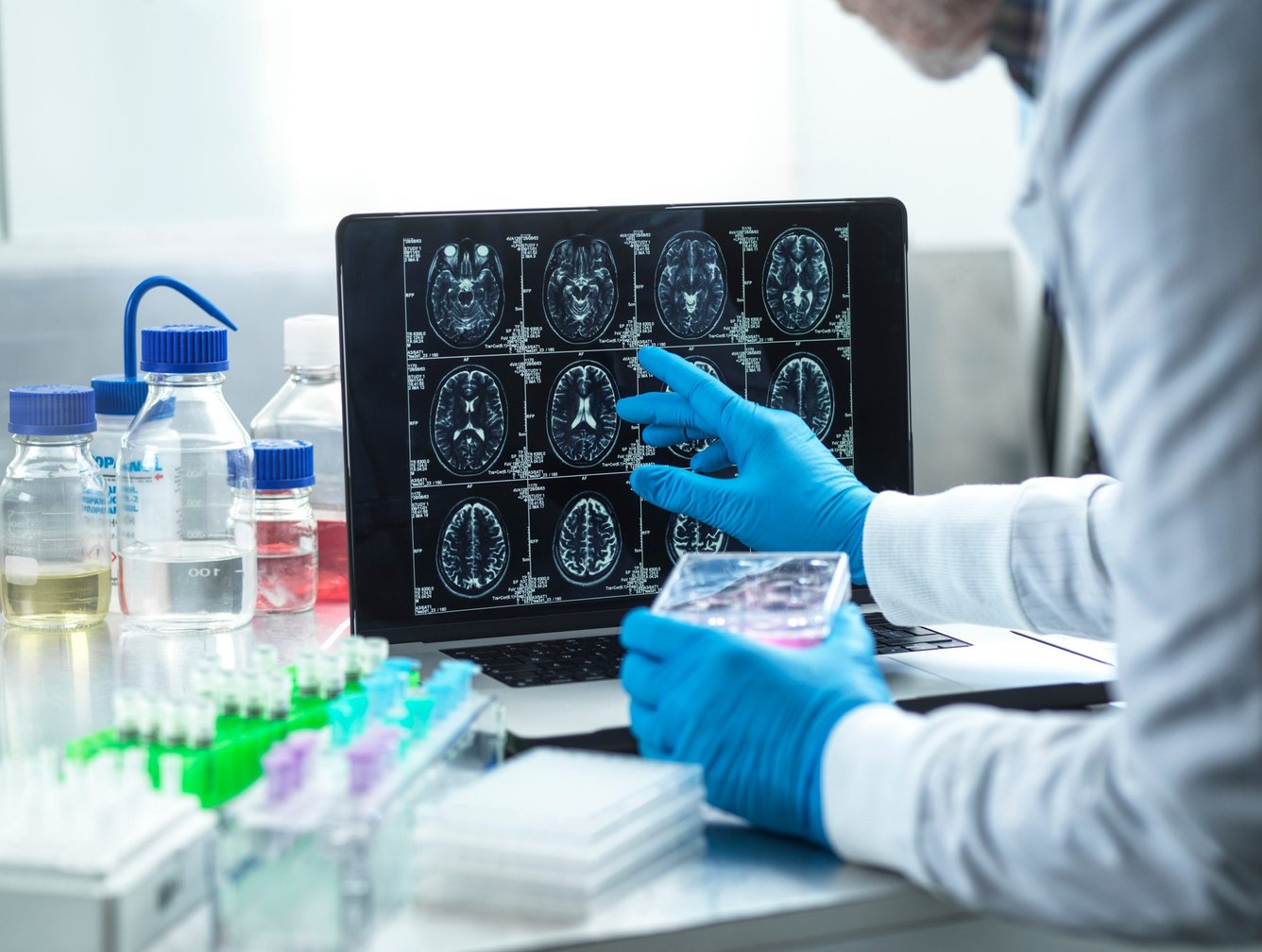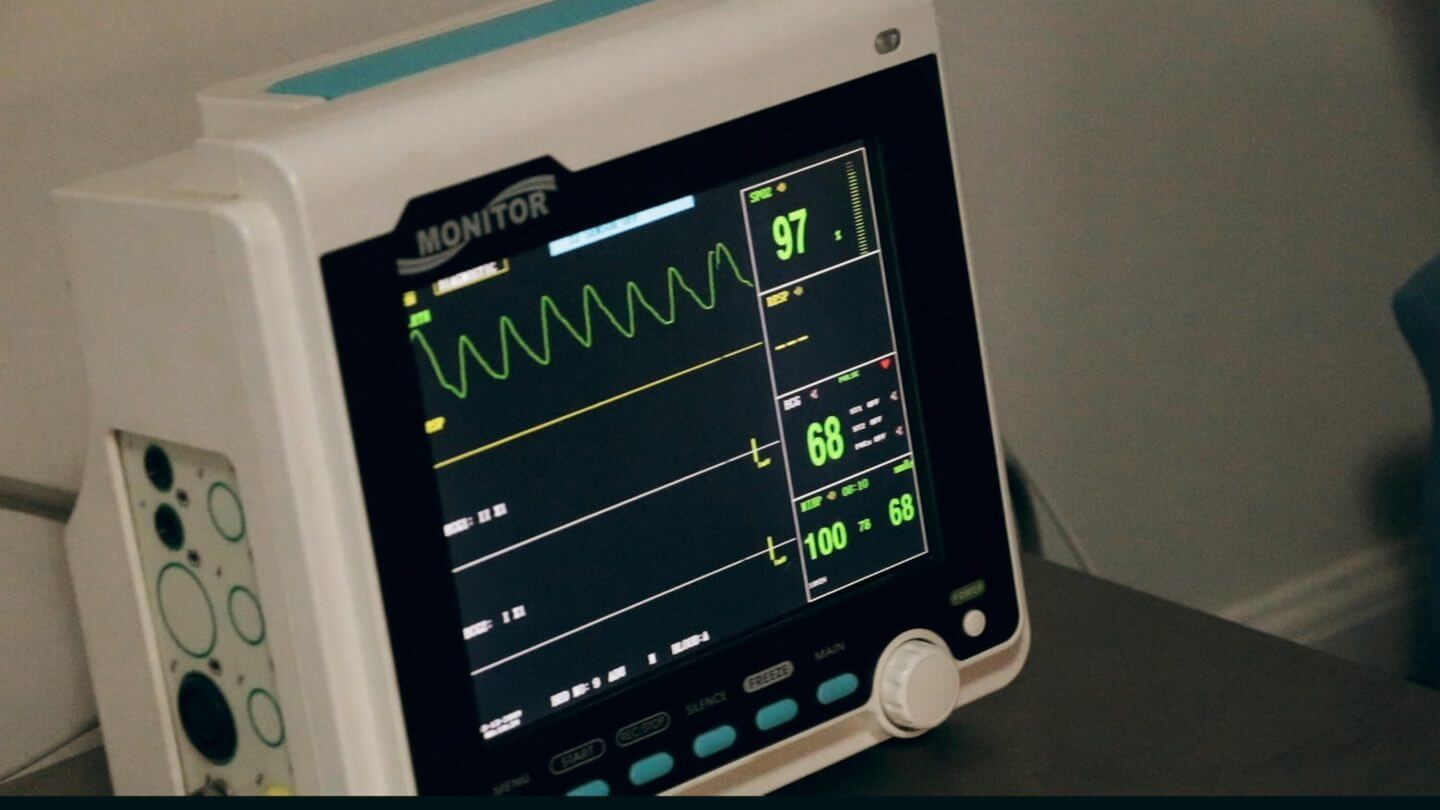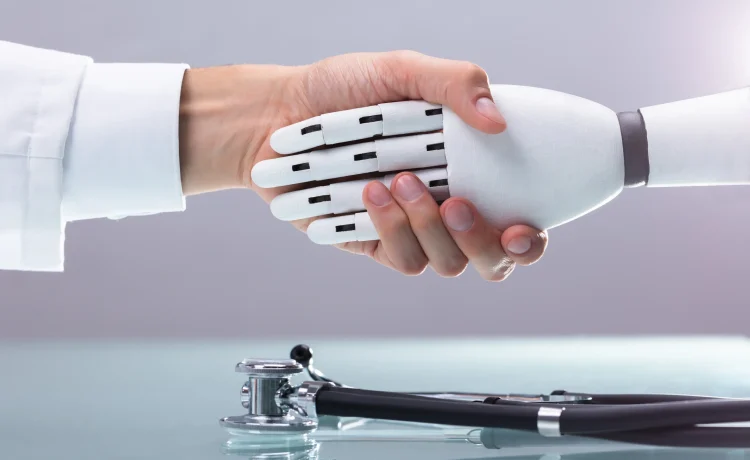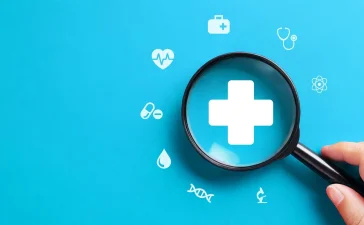The landscape of healthcare is undergoing one of the most profound transformations in human history. Driven by rapid technological innovation, new scientific discoveries, and an increasing focus on personalized care, modern medicine is evolving far beyond the hospital walls. What once seemed like science fiction—gene editing, AI diagnostics, telemedicine—is now an integral part of daily medical practice.
As we step deeper into the 21st century, it’s clear that the future of medicine is not only about curing disease but also about preventing it, predicting it, and empowering patients to take control of their own health.
1. The Rise of Preventive and Personalized Medicine
For much of modern history, healthcare was reactive—patients sought treatment only after illness struck. But a new paradigm is taking shape: preventive and personalized medicine. Advances in genetics, biotechnology, and big data have made it possible to understand disease risk at the individual level.
Through genetic testing and molecular profiling, doctors can now identify predispositions to conditions like cancer, diabetes, and cardiovascular disease long before symptoms appear. This allows for early interventions and tailored treatment plans that dramatically improve outcomes.
For instance, in oncology, precision medicine enables clinicians to select cancer therapies based on a patient’s unique genetic mutations rather than a one-size-fits-all approach. Similarly, pharmacogenomics—studying how genes affect drug response—ensures that patients receive medications optimized for their genetic makeup, minimizing side effects and maximizing effectiveness.
In the coming decade, personalized medicine will likely become the foundation of healthcare systems worldwide. The idea is simple yet revolutionary: treat the person, not just the disease.
2. Artificial Intelligence: The Doctor’s New Partner
Artificial Intelligence (AI) is transforming medicine at every level—from diagnosis to drug discovery. Machine learning algorithms can analyze vast amounts of medical data faster and more accurately than humans, identifying patterns invisible to the naked eye.
AI-powered imaging tools, for example, now assist radiologists in detecting tumors, fractures, or anomalies with remarkable precision. In some cases, algorithms have even outperformed human specialists in spotting early signs of diseases such as breast cancer or diabetic retinopathy.
Beyond diagnostics, AI is accelerating pharmaceutical research. What once took years of trial and error can now be achieved in months through computational modeling and predictive analytics. AI models simulate how potential drugs will interact with the human body, reducing costs and speeding up the path from lab to patient.
Yet, the true power of AI lies not in replacing doctors but in enhancing their abilities. By automating routine tasks and providing data-driven insights, AI allows clinicians to focus more on empathy, communication, and holistic patient care—the human elements that machines cannot replicate.

3. Telemedicine and the Democratization of Healthcare
The COVID-19 pandemic was a catalyst that propelled telemedicine from a niche service to a mainstream healthcare solution. Virtual consultations, remote monitoring, and mobile health apps have become indispensable tools for both patients and providers.
Telemedicine bridges geographical and socioeconomic gaps, bringing healthcare to people in rural or underserved areas who might otherwise have limited access to specialists. With just a smartphone, patients can now receive real-time medical advice, refill prescriptions, and even undergo preliminary diagnoses—all from the comfort of their homes.
Remote monitoring technologies, such as wearable devices, have further expanded the reach of telehealth. Smartwatches and biosensors can continuously track vital signs—heart rate, oxygen levels, sleep patterns—and send data directly to healthcare providers. This allows for proactive management of chronic conditions like hypertension, diabetes, or heart disease.
The future promises even more sophisticated “digital hospitals,” where AI-powered telehealth platforms can manage entire patient journeys, integrating diagnostics, prescriptions, and follow-ups seamlessly.
4. Regenerative Medicine: Healing Beyond Repair
Regenerative medicine represents one of the most exciting frontiers in healthcare. Using stem cells, tissue engineering, and gene therapy, scientists are developing ways to repair, replace, or regenerate damaged tissues and organs.
Stem cell research has already shown promise in treating spinal cord injuries, restoring vision, and repairing heart tissue after heart attacks. Meanwhile, gene therapy—once considered experimental—is now a viable treatment option for certain genetic disorders such as spinal muscular atrophy and hemophilia.
Another groundbreaking field is 3D bioprinting, where living tissues are printed layer by layer using bio-inks made of cells and biomaterials. Researchers are already printing skin, cartilage, and even early-stage organs for transplantation research.
These innovations could one day eliminate the global organ shortage and revolutionize how we think about healing. Instead of managing chronic damage, we may soon be able to regenerate and restore the body’s natural functions.
5. Mental Health: The Invisible Frontier
No discussion of modern medicine would be complete without addressing mental health. Once stigmatized and overlooked, mental health is now recognized as a cornerstone of overall well-being. The integration of psychological care into mainstream medicine is one of the most important cultural and clinical shifts of our time.
Advances in neuroscience, digital therapy platforms, and medication development have made it easier to diagnose and treat conditions like depression, anxiety, and PTSD. AI-based chatbots and telepsychiatry services provide immediate support to individuals who might otherwise hesitate to seek help.
Wearable technology can even detect early signs of mental health deterioration by analyzing sleep patterns, speech changes, or activity levels. Combined with professional care, these tools make prevention and early intervention more accessible than ever before.
Still, challenges remain—chief among them the global shortage of mental health professionals and persistent cultural stigmas. Solving these issues will require continued investment, education, and empathy.
6. The Ethical Challenges of a Medical Revolution
With great innovation comes great responsibility. As healthcare becomes increasingly data-driven and technology-dependent, ethical questions abound. Who owns genetic data? How can patient privacy be protected in a world of interconnected systems? What happens when AI makes a mistake?
These concerns demand robust regulation and transparent governance. Ethical frameworks must evolve alongside technology to ensure that progress serves humanity, not profit or prejudice. Inclusivity is key—healthcare innovations must be accessible to all, regardless of income, geography, or background.
Equity, not just efficiency, should be the measure of success in 21st-century medicine.
7. Looking Ahead: A Healthier, Smarter Future
The convergence of biotechnology, artificial intelligence, and digital health is ushering in an era of unprecedented possibility. The next few decades could see the eradication of diseases once deemed incurable, the extension of human lifespan, and the empowerment of patients as active participants in their own care.
Yet the future of medicine is not just about technology—it’s about humanity. Innovation must always be guided by compassion, ethics, and inclusivity. The ultimate goal of medicine, after all, remains unchanged: to alleviate suffering and enhance life.

As healthcare continues to evolve, society faces a collective challenge and opportunity—to ensure that progress benefits everyone, not just the privileged few. If we succeed, the 21st century will not only be remembered for its scientific breakthroughs but for its moral commitment to global well-being.
Conclusion
The medicine of tomorrow is already here—personalized, digital, and regenerative. It promises a world where prevention replaces reaction, where machines amplify human intelligence, and where health is a shared global right, not a luxury.
In this new age, the question is no longer what medicine can do, but how we will choose to use it. The answer will define not only the future of healthcare but the future of humanity itself.





